Google made this change to the Camera app on the new Pixels to preserve your mental health

Here's a good trivia question that you can try to answer. What percentage of the photographs snapped on Android devices use the front-facing selfie camera? The answer, according to a blog posted on Thursday by Google, is a resounding 70%. Google Photos labels 24 billion photos as being self-portraits. Perhaps the reason why we take so many selfies is that it has become entertaining to shoot these self-portraits.
These days, a selfie can be accompanied by an emoji, or AR-based lenses that turn you into a motorcycle cop (complete with shades) or a hound who possesses a huge tongue. Filters also change how someone looks after shooting a selfie, but Google's blog also warned selfie fans that some filters are turned on in their photo or camera apps without their knowledge. These are the selfies that Google did some research on; the company discovered that the self-portraits snapped with a filter enabled by default that the user is unaware of can have a negative impact on the mental health of the user. The reason? These filters can create unrealistic "beauty standards" that a user might feel that he or she is compelled to compete with. This can be mentally unhealthy (more on this later).
As a result, Google created some guidelines; the tech firm explained that "These people-centered guidelines inform and respect your personal choices regarding face retouching and center around control, transparency and design language. This means you should get to choose if and when your appearance is changed in pictures." To make sure that the decision to change the appearance of a person snapping a self-portrait is left up to that person, Google now turns off any face retouching settings in its Camera app by default. This gives the user the option to turn it on at a later time. It also means that any face retouching won't be done without the user's knowledge. Google also refrains from using the word "beauty" to identify photo retouching filters on your device. Instead, Google uses icons and language that it considers to be "value-neutral." For example, when applying a face retouching filter, Google uses icons to identify three options that a user might have: Off, Subtle, and Smooth. These selections and the icons are what Google calls "value-neutral."
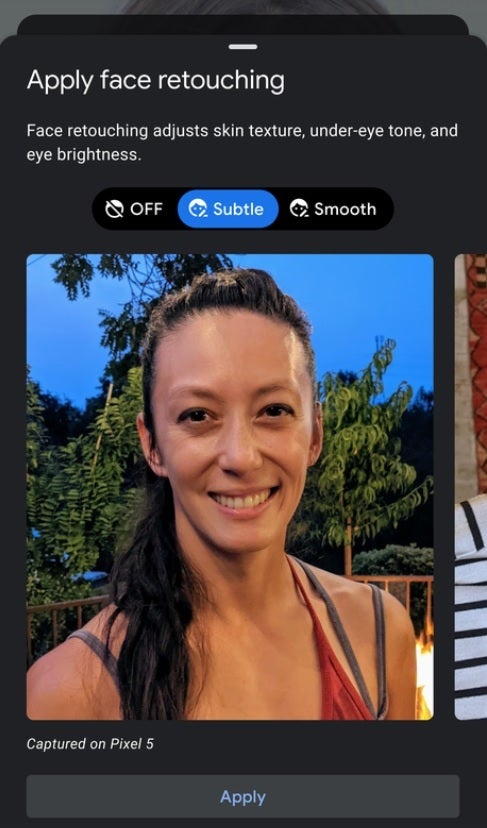
An example of the new value-neutral icons and descriptions for a retouching filter on Android
For the benefit of the mental health of selfie users, Google says that on its latest three phones (Pixel 4a, Pixel 4a 5G, and the Pixel 5) the face retouching options in the Camera app will be disabled by default. And an upcoming update will remove the "beauty" name from these apps and instead "descriptive icons," and labels will be used. Additionally, if a face retouching feature is employed, the user will know how it works and more importantly, the changes that it makes to his or her face before it is ever employed.
Google says that its partners have similar beliefs and specifically mentions Snapchat. The search giant notes, "An app that shares our beliefs is Snapchat. Their default camera experience is always unfiltered, and you have the option to opt-in to lenses. Lens Studio also uses value-neutral terms for its facial retouching feature, and is committed to continuing to make improvements in this area."
Some of you might scoff at the idea that taking selfies could affect your mental health. But Google did some research and conducted multiple tests while also discussing this subject with mental health and child experts worldwide. What the company discovered was that you could end up creating an unrealistic image of yourself that is enhanced by filters. And if you don't know that a filter is making you look better, you could be setting yourself up for some serious disappointment that could impact your mental health.
Follow us on Google News





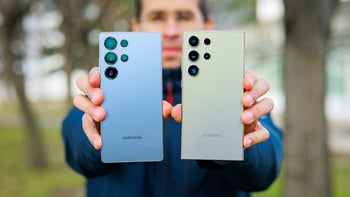

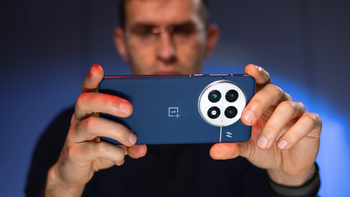



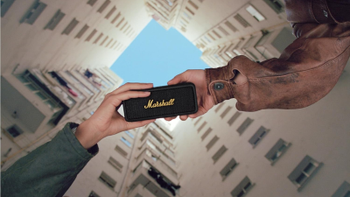

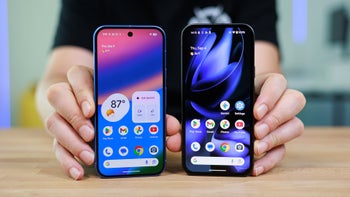
Things that are NOT allowed:
To help keep our community safe and free from spam, we apply temporary limits to newly created accounts: